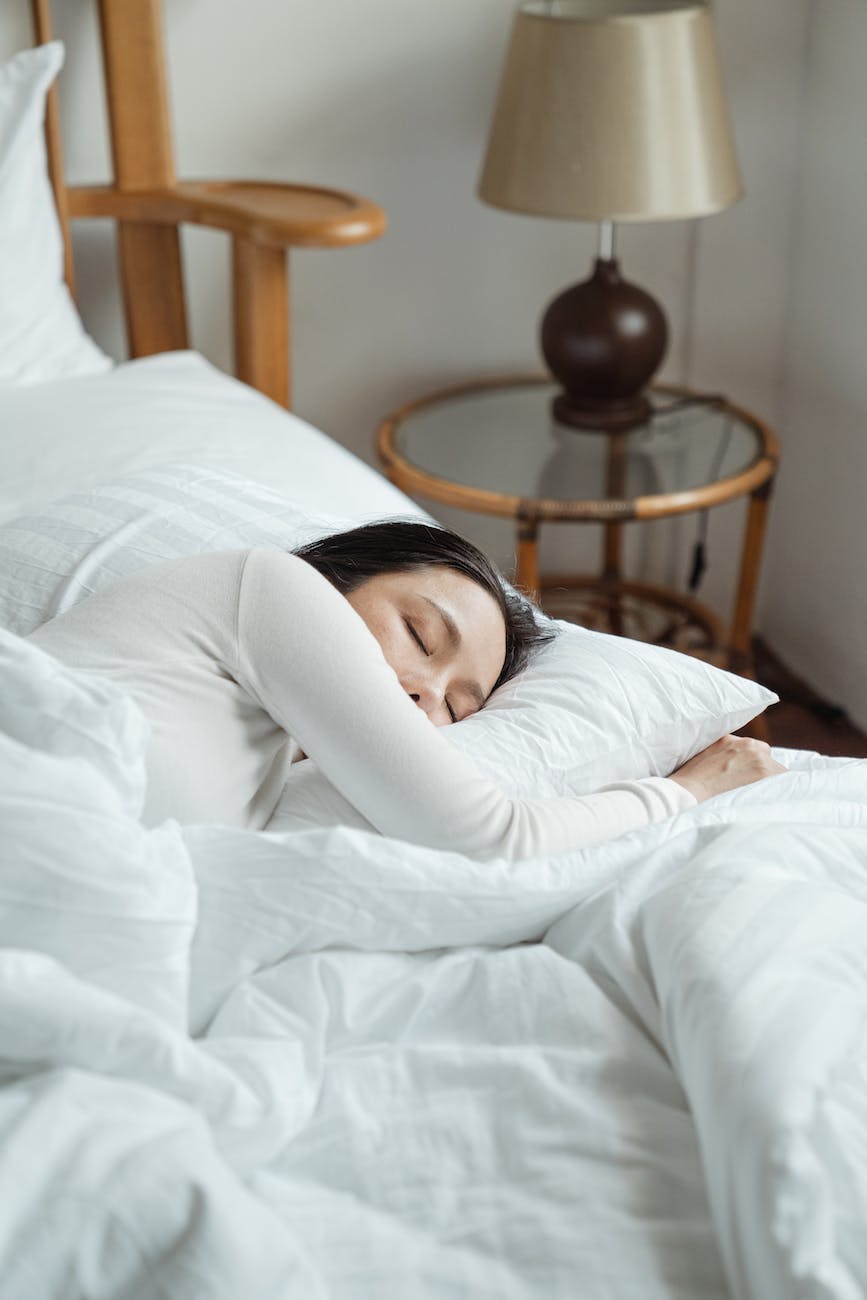
Understanding the multifaceted benefits of regular physical activity is essential in any fitness journey. It’s not just about weight loss; it’s about overall well-being.
Physical Activity and Mental Health
Regular exercise is a powerful tool in managing stress, anxiety, and depression. It releases endorphins, often referred to as ‘feel-good’ hormones, which can enhance your mood and provide a sense of relaxation.
Cardiovascular Health
Physical activity is crucial for heart health. Regular exercise helps to improve cardiovascular efficiency, reducing the risk of heart disease and stroke.
Strengthening Muscles and Bones
Consistent physical activity strengthens muscles and bones, reducing the risk of osteoporosis and muscle atrophy as you age.
Improved Sleep Quality
Exercise can also improve the quality of your sleep, which is vital for overall health and well-being.
Maintaining a Healthy Weight
Beyond weight loss, regular exercise helps in maintaining a healthy weight, crucial for overall health and preventing various weight-related illnesses.
How Much Exercise Do You Need?
The World Health Organization recommends at least 150 minutes of moderate-intensity aerobic physical activity or 75 minutes of vigorous-intensity activity per week, along with muscle-strengthening activities on 2 or more days a week.
Tips for Incorporating Exercise into Your Routine
- Find Activities You Enjoy: You’re more likely to stick with it if you enjoy it.
- Set Realistic Goals: Start small and gradually increase your activity level.
- Stay Consistent: Make it a part of your daily routine.
- Mix It Up: Variety in your exercise routine can keep it interesting.
- Track Your Progress: Use apps or a journal to keep track of your workouts.
For more in-depth insights on this topic and to join a community embarking on a similar journey, check out the #BackOnTrack WeightLoss Challenge by Masala Monk here.
Remember, the key to benefiting from physical activity is consistency and finding what works for you. Get moving, stay active, and enjoy the journey to better health!
10 FAQs for “The Role of Regular Physical Activity: More Than Just Weight Loss”
- What are the mental health benefits of regular physical activity? Regular exercise releases endorphins, reducing stress and improving mood, and is effective in managing anxiety and depression.
- How does physical activity benefit cardiovascular health? It improves heart efficiency, lowering the risk of heart diseases and stroke by regulating blood pressure and improving circulation.
- Can regular exercise improve bone and muscle strength? Yes, consistent physical activity enhances muscle and bone strength, reducing the risk of osteoporosis and age-related muscle loss.
- Does exercise influence sleep quality? Regular physical activity can significantly improve sleep quality, helping in deeper and more restful sleep.
- What is the role of exercise in weight maintenance? Exercise helps in sustaining a healthy weight by burning calories and building muscle, which is crucial for metabolism and overall health.
- How much exercise is recommended for general health? The WHO suggests at least 150 minutes of moderate-intensity or 75 minutes of high-intensity exercise weekly, plus muscle-strengthening activities.
- What are some tips to enjoy regular exercise? Finding activities you love, setting achievable goals, and mixing up routines can make exercise enjoyable and sustainable.
- How can I track my exercise progress effectively? Using fitness apps or maintaining an exercise journal helps in tracking and motivating continuous improvement.
- Is it necessary to exercise every day? While daily exercise is beneficial, the key is consistency and balance, including rest days for recovery.
- What if I’m new to exercise or have physical limitations? Start with low-impact activities and gradually increase intensity. Consult a healthcare provider for personalized advice, especially if you have existing health conditions.
Blog Tags for the Post
physical activity, mental health, cardiovascular health, muscle strength, bone health, sleep quality, weight maintenance, exercise tips, health recommendations, fitness tracking












